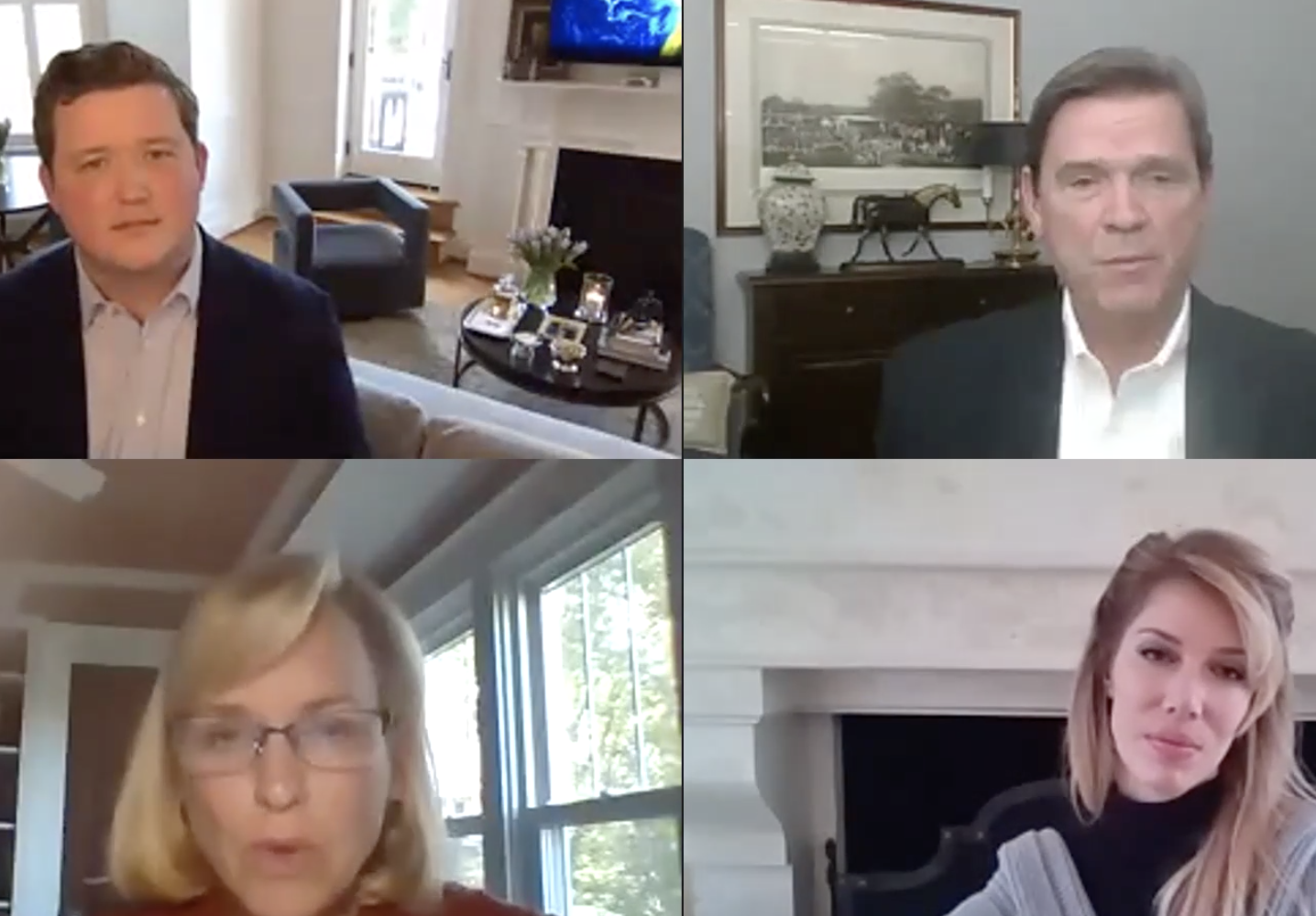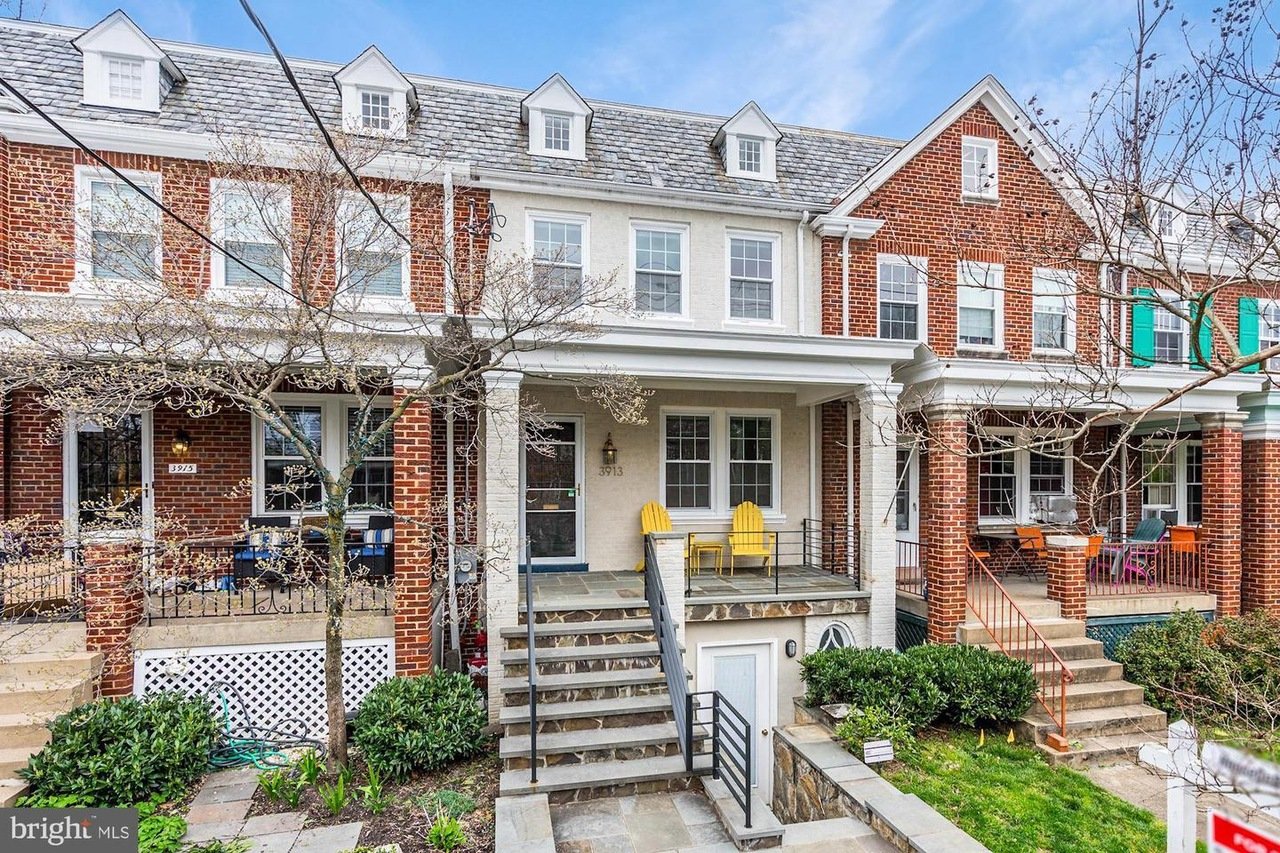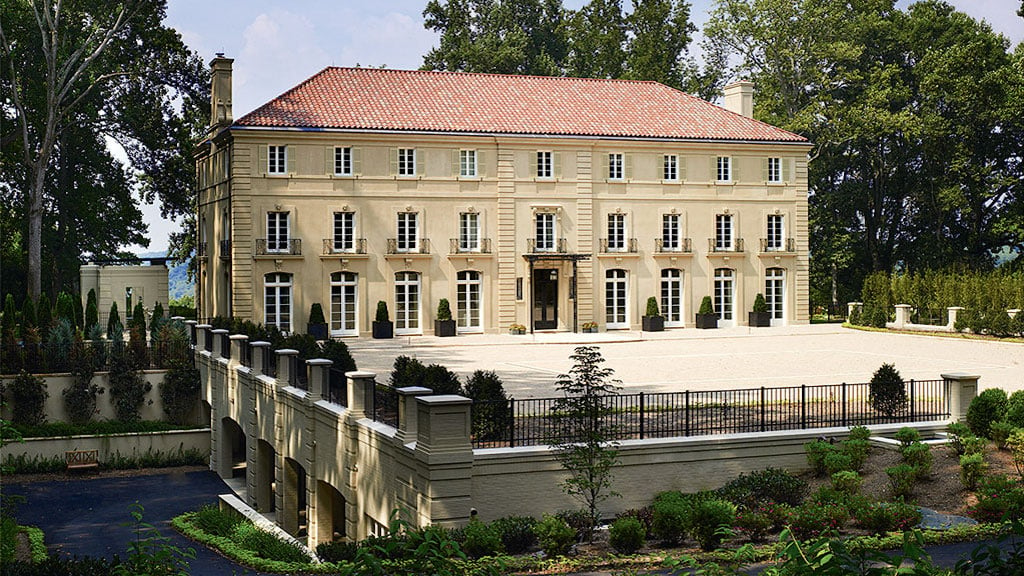Chris Wilson is a writer in Washington and a former editorial intern at The Washingtonian. He can be reached at christopher.e.wilson@gmail.com.
Five years ago, Eastern Shore real-estate agent Tom Crouch sold an 1,800-square-foot waterfront house to a couple who planned to use it as a weekend getaway. When they retired and decided to live on the Eastern Shore full-time, they realized they would need more space. The couple bulldozed the building and built a 4,300-square-foot house in its place.
Crouch says he sees more and more couples buying retirement homes years or even decades before they actually retire and using the home as a weekend retreat in the meantime.
"It used to be that almost all my sales went to retired people," he says. "Now, a lot go to working couples."
Lucy Barbour, a real-estate agent who sells primarily in St. Mary's County in southern Maryland, says buyers often think about a second home as they start to reduce their time in the city: "I've dealt with a lot of people transitioning away from Washington."
These days, second homes are often equipped with all the amenities of a modern office so people can extend their weekend but also put in some work. For the tech-savvy, there are "smart homes," in which everything from the climate control to the computers is centralized and can be controlled from the person's primary residence. For these high-end homeowners–costs are generally over $1 million, says Larry Goldstein, who develops properties in Delaware–the days of arriving to a stuffy vacation house are over.
For smaller budgets, Goldstein says three-level condominiums in the stretch between Rehoboth and Bethany beaches, without an ocean view, sell in the $400,000s. Bigger townhouses cost between $500,000 and $600,000, and detached villas sell for upward of $700,000.
Crouch says people also buy weekend homes to diversify their portfolio, especially in times of a flat stock market. And as long as one is diversifying, why not invest in something with a view?
The Chesapeake Bay– With Or Without The Bridge
Steve McMahon checked the newspaper every weekend for ten years looking for affordable waterfront property for a weekend home. "What we wanted and liked, we couldn't afford," he says, "and what we could afford, we didn't like."
In 2003, McMahon, a Democratic consultant who lives in McLean, finally found a dream property in his price range. It was a 20-acre lot on St. George's Creek in St. Mary's County, 60 miles from Washington, with nearly 3,000 feet of waterfront. At $725,000, the property sold for less than many smaller waterfront properties farther north.
"We really feel like we hit a gold mine with this one," McMahon says. "It's closer than the Eastern Shore and far more affordable. You can live around and among real people."
One of the biggest benefits for McMahon is that he doesn't have to cross the Chesapeake Bay Bridge to get there, a major selling point for southern Maryland properties, says development co-owner David Gilson. Gilson has already sold nine of the 16 properties in a 470-acre community in the area.
As estimates for Bay Bridge traffic escalate to 5 million cars annually by 2015, an affordable weekend home on the Washington side of the bay is a hot commodity. Properties and developments are sprouting up around Leonardtown and popular Solomons Island nearby.
"Those are booming second-home meccas," Gilson says. "Buyers get a lot of land and a lot of property for the amount of money they're paying."
Barbour says most properties list at $700,000 and above, though there are some "teardown" properties, where people buy for the lot and rebuild a home. Prices also decline the farther one gets from Washington.
Much of the western shore of the bay is deep enough for the usual waterfront sports, but many Washingtonians still prefer the longer drive to the beaches of the Eastern Shore, where prices tend to be higher. Crouch notes that Talbot County has more than 600 miles of shoreline, but this area–where Dick Cheney and Donald Rumsfeld have weekend homes–is expensive. If a waterfront property's price sinks below seven digits, it probably needs work.
Real-estate agent Cornelia Heckenbach says many buyers are choosing historic homes in the town. These owners are attracted to the quaint streets, upscale boutiques, and gourmet restaurants of towns like St. Michaels. "It's not just a beach village," Heckenbach says. Historic homes in town range from $600,000 to well over $1 million.
But as McMahon says, it's about searching for a good buy and waiting for the perfect property to come along. With door-to-door time a little over an hour, McMahon and his wife and four young daughters can spend weekends at their southern Maryland home year-round. "We actually find it at least as peaceful and relaxing down there in the winter as in the summer," he says. "The season just turns from oysters to crabbing."
West Virginia–Snow Sports And Slow Days
Renee Lohman has been spending weekends in Hardy County, a wooded region on the western border of West Virginia, for 18 years, mostly staying at bed-and-breakfasts. She jumped at the opportunity to buy a second home there a few years ago on an old homestead.
"There's an informality that doesn't exist in the city," says Lohman, who owns a healthcare consulting firm in Washington. "It's a step back in time, but at the same time, there's a very progressive aspect to the county." •
The properties in this region, about two hours west of the District, run lower than waterfront property. Homes in the Lost River Valley, for example, cost about $300,000 for a new 1,800-square-foot two-bedroom cedar home with "all the bells and whistles," says Bob Dillard of Davis Realty. Larger properties nearby sell for closer to $500,000. Although the price of land is steadily rising, in some cases upward of $20,000 per acre, taxes are still comparatively low. Dillard's Guest House at Lost River, an upscale bed and breakfast, is popular for dining and wins him many eventual clients.
Since September 11, some Washington-area residents have been attracted to this and other remote areas because they see them as "safe havens," Dillard says. He recalls that on September 11 one client who lived near the Pentagon grabbed his dog, got in his car, and headed for his country home without even stopping to see why smoke was rising from the Pentagon.
While many people choose West Virginia for the sake of relaxing in a quiet atmosphere, West Virginia has several popular ski areas. Canaan Valley, about 165 miles due west of Washington, has many resort-home options, from small lots under two acres for less than $100,000 to deluxe homes over $1 million. To the southeast, Virginia's Wintergreen is a popular spot year-round, with two very good golf courses and lots of snow sports in the winter. Wintergreen has a few lots and condos available for purchase, from $100,000 to $500,000, according to real-estate agent Dick Carroll. He says more than one-third of his customers are from the Washington area.
Lohman, who spends every weekend in West Virginia and plans to move there permanently some day, has become increasingly involved in the community, spearheading an effort to bring a 24-hour healthcare facility to the area. She isn't alone: "In the early '80s, people would come here, but they weren't part of the community. I see such a change that's happening here."
Davis Realty also sells log houses in the area, which are becoming increasingly popular. These cabins are more expensive to build than cedar houses, but many buyers, attracted to the rustic charm, opt for a smaller home on a larger piece of property. A three-bedroom, three-bathroom log house on four acres in Hardy County lists for just under $300,000, while houses on larger properties, as much as 20 acres or more, sell for over $700,000.
He says there are also many more singles purchasing in the area. One buyer told the builder not to install a second sink in the vanity, lest he be constantly reminded he was not married.

















